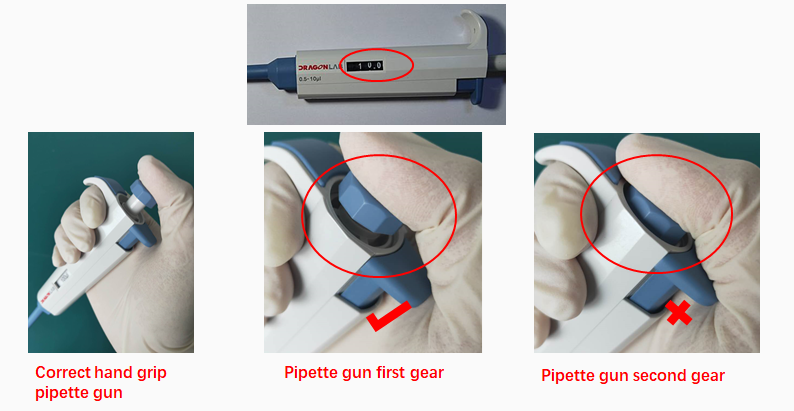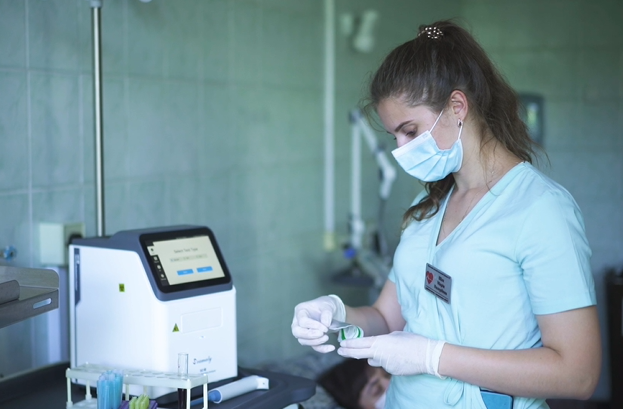As the variants of SARS-Cov-2 virus continues to evolution, the number of people infected with the covid-19 is increasing worldwide, leading to an increasing demand for covid-19 testing products in various countries. This has led to the emergence of various types of New Coronavirus testing products on the market, such as large scale devices manufactured for laboratories and hospitals, as well as test strips in a box for home-test.
The demand for home-based self-test products has increased due to the simplicity of the test and the short time to obtain results. In order for consumers to be able to purchase the right
home self-test product (specifically, Covid-19 rapid test products), we need to have a more comprehensive understanding of the advantages and disadvantages of the various types of covid-19 test products available on the market, so that we can select the right product for ourselves.
Most of the products currently on the market include qPCR nucleic acid detection technology, antigen detection technology, antibody detection technology, and some exclusive patented technology that can be compared with the qPCR test results.
Real-time fluorescent quantitative PCR (RT-qPCR) nucleic acid detection technology has played an important role in clinical testing and disease prevention and control as an important tool and gold standard for the confirmation and screening of SARS-CoV-2 infection. However, this technique usually requires large instruments (expensive laboratory equipment) and professional qualifications of operators.
In addition, it takes a long time to obtain the test results, usually 4-6 hours. Although this technique can accurately detect whether people are infected with COVID-19, it takes a lot time, requires a high level of operator expertise, and is expensive. All of these reasons make it unsuitable for home self-testing.
In addition to qPCR technology, most of the products sold in the market for self-testing of COVID-19 are mainly Rapid Antigen Test Kits and Rapid Antibody Test Kits produced by antigen technology and antibody technology. The feature of these products is that they are really quick, with test results usually available in 15 minutes. The user does not need to buy the instrument, but only needs to pay for the test kits, which is very suitable for home self-testing.
However, the disadvantage of this type of product is that the accuracy of the test results cannot be guaranteed. Because the antigen test kit requires the antigen content to reach a certain concentration before it can detect whether you are infected; antibody test paper requires human body to produce antibodies after the infection of sars-cov-2, after that it can detect whether you are infected.
These two products not only cannot guarantee the accuracy of each test result, but also can cause false negative results, delaying the time for patients to receive treatment and increasing the chance of infection in the surrounding people.
Is there a covid-19 test product that can guarantee the accuracy of the test results while being reasonably priced and suitable for self-testing at home?
Seamaty recently launched a covid-19 rapid test product (Mini Dock COVID-19 rapid test) to solve the above problems.
Mini Dock is a portable covid-19 rapid test device, which is R&D by Pluslife, a Guangzhou-based medical device manufacturer. The product uses its exclusive technology RHAM, which allows the accuracy of the test results to be comparable to qPCR technology.
The Mini dock is palm-sized, portable and easy to operate, and comes with a reusable instrument that requires only the purchase of reagents (which are comparable in price to antigen and antibody test strips).


